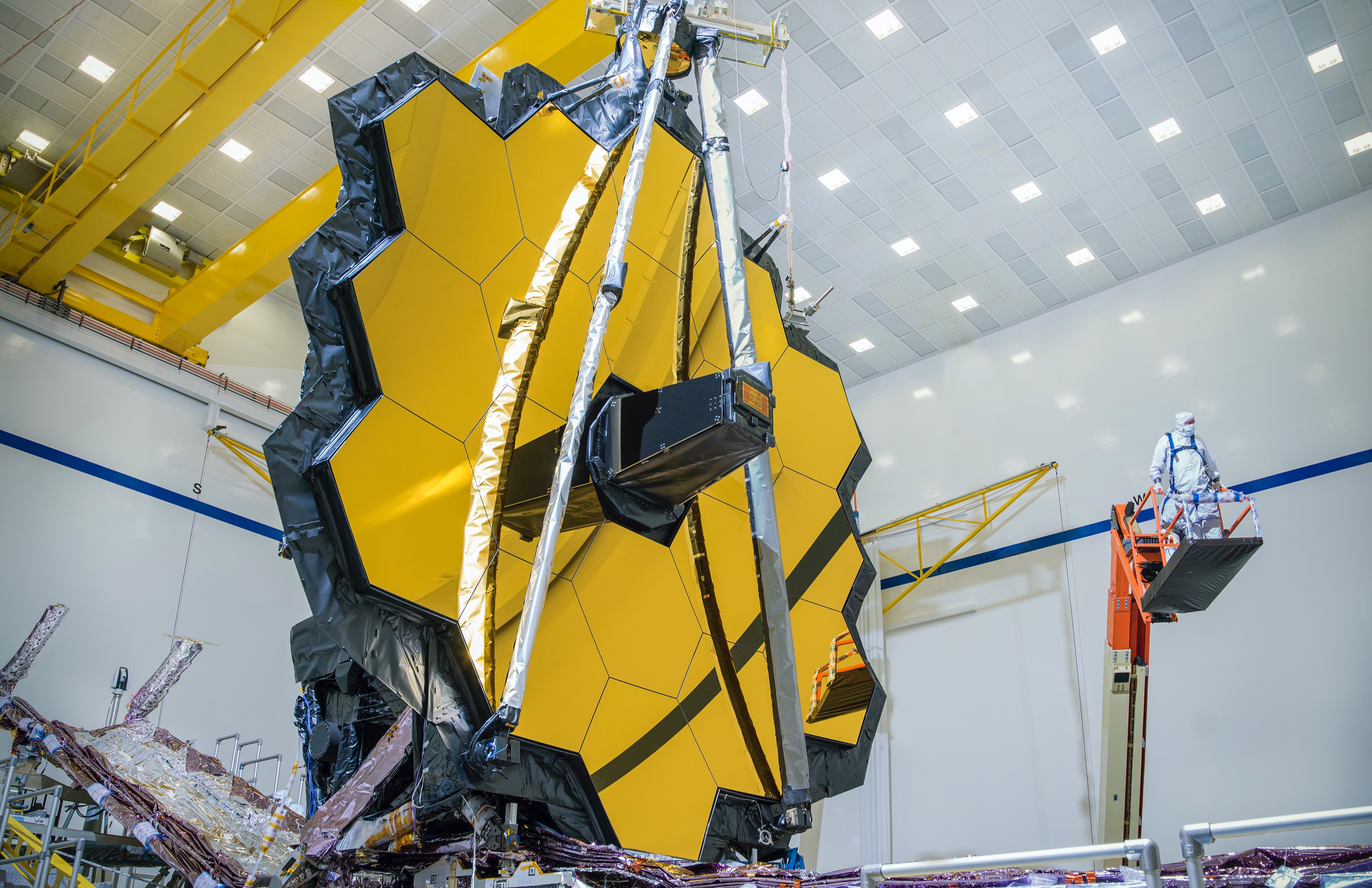Science News Roundup: Earliest-known 'dead' galaxy spotted by Webb telescope; Stone tools in Ukraine offer oldest evidence of humans in Europe and more
Scientists said on Wednesday that Webb has spotted a galaxy where star formation had already ceased by roughly 13.1 billion years ago, 700 million years after the Big Bang event that gave rise to the universe.

Following is a summary of current science news briefs.
Stone tools in Ukraine offer oldest evidence of humans in Europe
A dating method based on cosmic rays has identified stone tools found in western Ukraine as the oldest-known evidence of human occupation in Europe - 1.4 million years ago - showing that the peopling of the continent occurred hundreds of thousands of years earlier than previously known. Researchers said on Wednesday the stone tools - the most primitive kind known - were initially unearthed in the 1970s near the town of Korolevo in the Carpathian foothills along the Tysa River, close to Ukraine's borders with Hungary and Romania. But their age had remained unclear.
Earliest-known 'dead' galaxy spotted by Webb telescope
The James Webb Space Telescope since becoming operational in 2022 has uncovered numerous surprises about what things were like in the universe's early stages. We now can add one more - observations of a galaxy that was already "dead" when the universe was only 5% of its current age. Scientists said on Wednesday that Webb has spotted a galaxy where star formation had already ceased roughly 13.1 billion years ago, 700 million years after the Big Bang event that gave rise to the universe. Many dead galaxies have been detected over the years, but this is the earliest by about 500 million years.
Spanish startup Sateliot joins race for cheap space connections
Spanish space startup Sateliot is raising cash to send 100 microwave oven-sized satellites to orbit, entering a crowded race for a slice of a market potentially worth $100 billion to offer cheap data connections via space. The company, which already has two test satellites in orbit, seeks 100 million euros ($109 million) in equity and debt from private equity investors, funds, and banks, CEO Jaume Sanpera said in remarks cleared for publication on Thursday.
Patagonia cave paintings are earliest found in South America
Archaeologists have discovered the earliest dated cave paintings in South America in Argentine Patagonia, dating back 8,200 years. The 895 paintings were found by Argentine and Chilean archaeologists in the Huenul 1 cave, a 630 square meter rock shelter located in the province of Neuquen, some 1,100 kilometers (684 miles) southwest of the capital Buenos Aires.
Hey, chocolate lovers: new study traces complex origins of cacao
Scientists are getting a better taste of the early history of the domestication and use of cacao - the source of chocolate - thanks to residues detected on a batch of ancient ceramics from South and Central America. Using evidence from these artifacts, the researchers traced the rapid spread of cacao through trade routes after its initial domestication more than five millennia ago in Ecuador. They showed cacao's dispersal to South America's northwestern Pacific coast and later into Central America until it eventually reached Mexico 1,500 years later.
Nobel laureates sound alarm as Argentina cuts science funding
Sixty-eight Nobel laureates in chemistry, medicine, economics, and physics sent a letter on Wednesday to Argentine President Javier Milei voicing concern that cuts to science and technology funding will hinder Argentina's development and its global contributions. "We observe how the Argentine science and technology system is approaching a dangerous precipice, and we are discouraged by the consequences that this situation could have both for the Argentine people and for the world," the scientists said in the letter seen by Reuters.
(With inputs from agencies.)










